About Lighthouse Recovery Centers
If you or someone you know is struggling with addiction, Lighthouse Recovery Centers can help. We offer a variety of services including alcohol rehab, dual diagnosis, adult and young adult programs, outpatient rehab, sober living homes, intervention services, and more. We use evidence-based therapies such as cognitive behavioral therapy, dialectical behavior therapy, and experiential therapy to help our clients heal and recover. We also offer eye movement desensitization and reprocessing, family therapy, and group therapy. Our knowledgeable and compassionate staff is here to help you every step of the way. Call us today to learn more about our services and how we can help you or your loved one recover from addiction.
Addiction Treatment Programs
Alcohol Rehab
If you’re ready to overcome alcohol use disorder, an alcohol rehab in Texas can give you the tools you need. High-quality treatment lays a foundation for sobriety and helps prevent relapses by giving you new ways of thinking, better coping skills, and a better understanding of key life skills such as emotional regulation and communication.
Dual Diagnosis
Many people with addiction issues also have a mental health diagnosis, which is known as a dual diagnosis. Be sure to find a rehab in Texas that can treat both. A mental health diagnosis can feed into an addiction, making both worse. In a dual diagnosis program, these concerns are addressed along with typical evidence-based detox, inpatient treatment, and outpatient care.
Adult Program
An adult program in Texas addresses the unique need of adults, such as finding secure housing, building a career, and raising a family. Adults often have challenges related to their careers, raising a family, and handling responsibilities. These concerns are addressed during evidence-based detox, inpatient treatment, and outpatient care.
Young Adult Rehab
Young adult rehabs in Texas address a wide range of substance use issues while also helping clients transition into adulthood. Young adults often have questions about starting their careers, having a family, and living independently without overspending. These concerns are addressed along with typical evidence-based detox, inpatient treatment, and outpatient care.
Insurance Coverage
Private insurance
When you’re planning to use private insurance to pay for rehab in Texas, there are a few details to keep in mind. Your insurance plan can cover some or all of the cost of treatment. You’ll need to contact your insurer to find out what centers are in-network with your plan and what out-of-pocket costs you may be responsible for.
Self-pay options
When you use self-pay for rehab in Texas, you have a chance to choose any treatment center you like. Self-pay, also known as private pay, involves writing a check, using a medical loan from a bank or credit union, or sending money electronically. Payment arrangements may vary depending on the level of care.
Levels of Care
- 1
Outpatient Rehab
Attending outpatient treatment in Texas allows you to get evidence-based care without living in the facility, helping you establish long-term recovery. Finishing residential treatment is a big step, and outpatient care allows you to have support while you learn to apply your new skills and habits in real life situations.
- 2
Sober Living Homes
Sober living in Texas is focused on giving you a substance-free place to live, giving you the support you need to stay sober long-term. Relapse prevention is a lifelong project, and having support like sober living, recovery-focused activities, and a place to build healthy friendships can make all the difference.
- 3
Intervention Services
Sometimes your friend or loved one needs intervention services in Texas before they’ll agree to begin treatment. Intervention services can be exactly what your loved one needs to realize the impact of their substance use on others and their need for rehab.
Therapies
Cognitive Behavior Therapy
In Texas, cognitive behavioral therapy (CBT) helps you identify wrong thinking that can create impulsive actions. This makes it much easier to reach long-term recovery. As you learn to identify thought disortions, your confidence in your ability to manage a wide variety of situations will grow. You’ll have the tools you need to address problems and manage triggers in a healthy way.
Dialectical Behavior Therapy
In Texas, dialectical behavioral therapy (DBT) helps you learn healthy coping strategies and build your ability to manage stressful situations. This makes it much easier to reach long-term recovery. As you learn helpful coping strategies, your confidence in your ability to manage a wide variety of situations will grow. You’ll have the tools you need to address problems and manage triggers in a healthy way.
Experiential Therapy
In Texas, experiential therapy is a holistic therapy that is widely used in addiction treatment. Experiential therapy is a complement to traditional evidence-based treatment approaches and may be a part of inpatient treatment, outpatient care, or both
Family Therapy
Attending family therapy in Texas is a way to address broken relationships and dysfunction, helping you establish long-term recovery. Substance use treatment includes detox, inpatient treatment, and outpatient care, and family therapy may be a part of each of these stages. The goal is to help families address past events and broken relationships and develop healthy ways of relating to each other.
Group Therapy
Attending group therapy in Texas is a way to overcome shame and isolation, helping you establish long-term recovery. Sessions generally last 60 to 90 minutes and give you a chance to discover others’ experiences, hear about the impact of substance use, and learn important new life skills.
Individual Therapy
During individual therapy in Texas, clients work with a professional to address specific individual concerns. During individual therapy, you have the freedom and confidentiality to share personal issues and past experiences that may impact your substance use. Your therapist will help you work through those concerns and develop new ways of handling them.
Eye Movement Desensitization and Reprocessing
Accreditations
Location
Contact Lighthouse Recovery Centers
Top Drug Rehab Centers in Texas
-
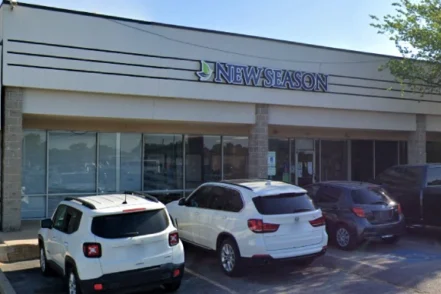 Texas
TexasNew Season Dallas County Treatment Center
123 East Colorado Blvd Dallas, Texas 75203
-
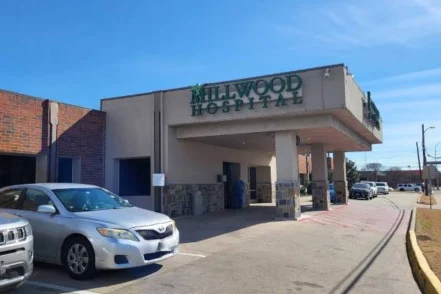 Texas
TexasMillwood Hospital
1011 North Cooper Street Arlington, Texas 76011
-
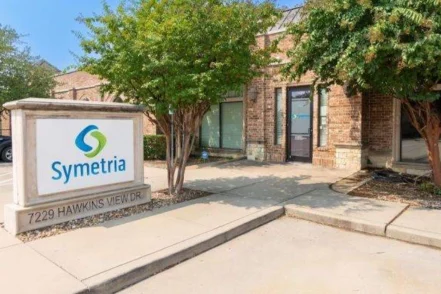 Texas
TexasSymetria Recovery Fort Worth
7229 Hawkins View Drive Fort Worth, Texas 76132
-
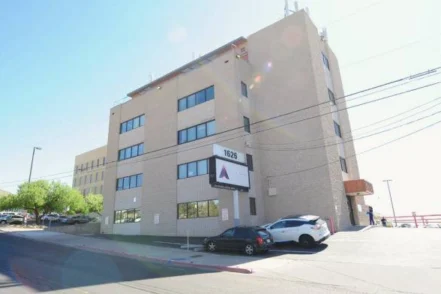 Texas
TexasAliviane Imastar
1626 Medical Center Street El Paso, Texas 79902
-
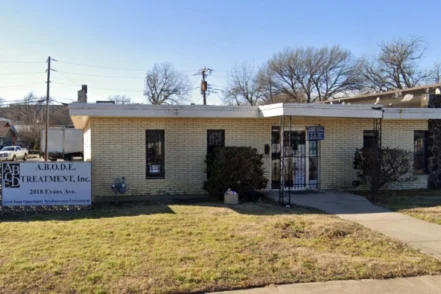 Texas
TexasABODE Treatment Fort Worth Evans Avenue
2018 Evans Avenue Fort Worth, Texas 76104
-
 Texas
TexasLa Hacienda Outreach
7400 Blanco Road, Suite 129 San Antonio, Texas 78216
-
 Texas
TexasSymetria Recovery College Station
1651 Rock Prairie Road, Suite 101 College Station, Texas 77845
-
 Texas
TexasStonegate Center
7510 Fm 1886 Azle, Texas 76020
-
 Texas
TexasGreenhouse Outpatient Treatment Center
2301 Avenue J Arlington, Texas 76006
-
 Texas
TexasDoris Miller Department of Veterans Affairs Medical Center
4800 Memorial Drive Waco, Texas 76711
-
 Texas
TexasEl Paso Behavioral Health System
1900 Wyoming Avenue El Paso, Texas 79903
-
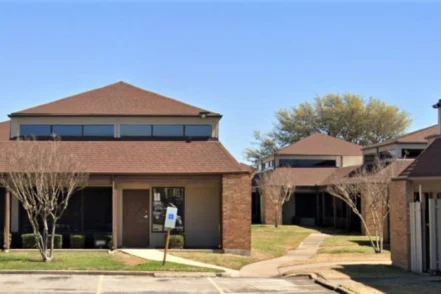 Texas
TexasChemical Dependency Health Services CDHS
214 Billings Street, Suite 240 Arlington, Texas 76010
-
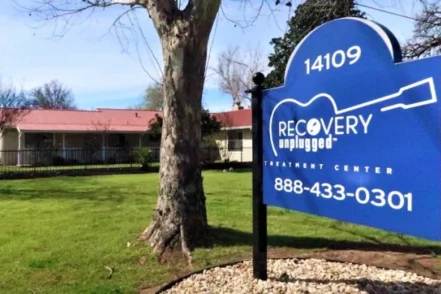 Texas
TexasRecovery Unplugged Austin
14109 Fm 969 Austin, Texas 78724
-
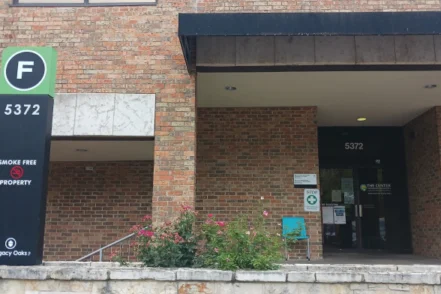 Texas
TexasCenter for Healthcare Services Northwest Clinic
5372 Fredericksburg Road, Building F San Antonio, Texas 78229
-
 Texas
TexasRiverwalk Ranch
6960 Dick Price Road Mansfield, Texas 76063
